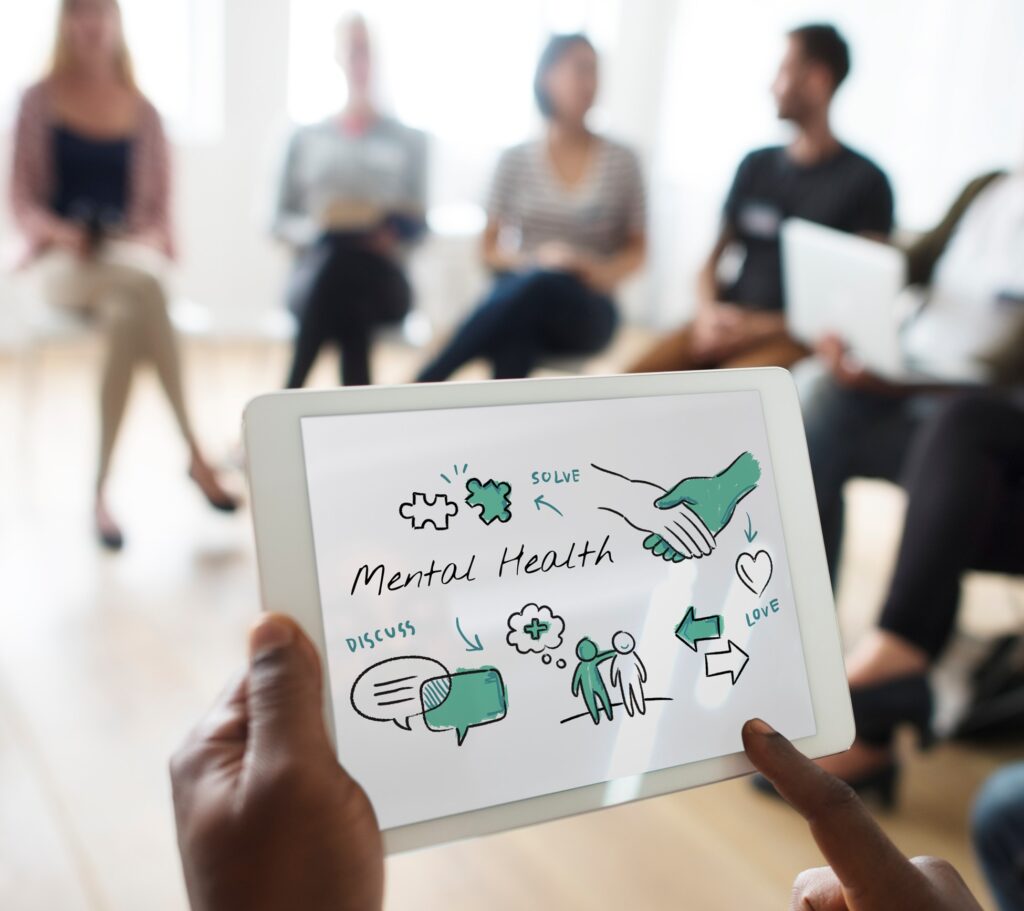In today’s world, stress, burnout, and constant pressure have become part of an individual’s daily life. Many of us are searching for various ways to feel calmer, more balanced, and more in control of our emotions through various activities and apps. Despite these, what if the key to improving your well-being isn’t just yoga or mindfulness apps, but actually understanding how the human mind works?
This is where psychology comes in. Far beyond textbooks and theories, psychology gives us practical tools to navigate relationships, manage stress, and build resilience. Additionally, increasingly people are discovering that studying psychology is not only for those who want to become therapists, but also a powerful way to improve your own life.
Psychology is often called the “science of the mind,” but it’s more than just research or theory. At its core, psychology helps us answer everyday questions like:
- Why do I react to stress the way I do?
- How can I build healthier relationships?
- What motivates me, and what holds me back?
- How do habits form, and how can I change them?
By learning about the way, the human brain is wired you start to uncover similar patterns noticed in yourself and others. This self-awareness can make you more empathetic, resilient, and emotionally intelligent, these qualities are qualities that directly influence your overall well-being.
It’s worth noting that almost 1 billion people globally live with a mental disorder, with depression and anxiety being the most common (WHO, 2019). This shows just how critical it is to understand psychological principles, not just academically, but for our everyday survival and growth as well.
Psychology is often divided into different subdomains such as Behavioral Psychology, Cognitive Psychology, Organisational Psychology, Developmental Psychology, and Social Psychology. Each of these branches offers unique insights into the way humans think and act.
For example, adolescents make up around 1 in 7 of those affected by mental health conditions worldwide, with suicide ranking among the leading causes of death for ages 15–29 (WHO, 2022). Developmental and social psychology help us understand these vulnerabilities early and create supportive interventions.
If you want to build a strong foundation in psychology and explore its many branches, the Diploma in Psychology and Well-Being is a great starting point. The programme covers core areas of human behavior, brain wiring, and emotional processes, equipping you with practical insights to better understand yourself and others.
👉 Click here to learn more about the Diploma in Psychology and Well-Being
Graduates in psychology also see strong outcomes, with 63% employed within 15 months of graduation and 58% in professional-level roles (Prospects UK, 2023), showing its value both personally and professionally.
If you want to dive deeper into statistical methods in psychology, as well as explore health and individual differences, the Advanced Diploma in Psychology and Well-Being blends theory with hands-on applications. Through modules like Personality and Individual Differences, Health Psychology, Counseling Psychology, and Educational Psychology, you’ll gain practical skills to support personal growth while preparing to make an impact in schools, workplaces, and communities.
👉 Click here to explore the Advanced Diploma in Psychology and Well-Being
With depression and anxiety costing the global economy US$1 trillion annually in lost productivity (WHO, 2022), advanced training in psychology equips you to address challenges that affect both individuals and society.
Psychology goes beyond theory, it is a path to self-awareness, stronger relationships, and resilient communities. With mental disorders making up 1 in every 6 years lived with disability worldwide (WHO, 2020), programmes like the Diploma and Advanced Diploma in Psychology and Well-Being equip students with the skills to grow personally and professionally as they deepen their understanding of the human mind.
References:
- https://luminate.prospects.ac.uk/psychology-graduate-outcomes
- https://www.who.int/teams/mental-health-and-substance-use/promotion-prevention/mental-health-in-the-workplace
- https://www.who.int/news-room/fact-sheets/detail/adolescent-mental-health
- https://www.who.int/news-room/fact-sheets/detail/mental-disorders

